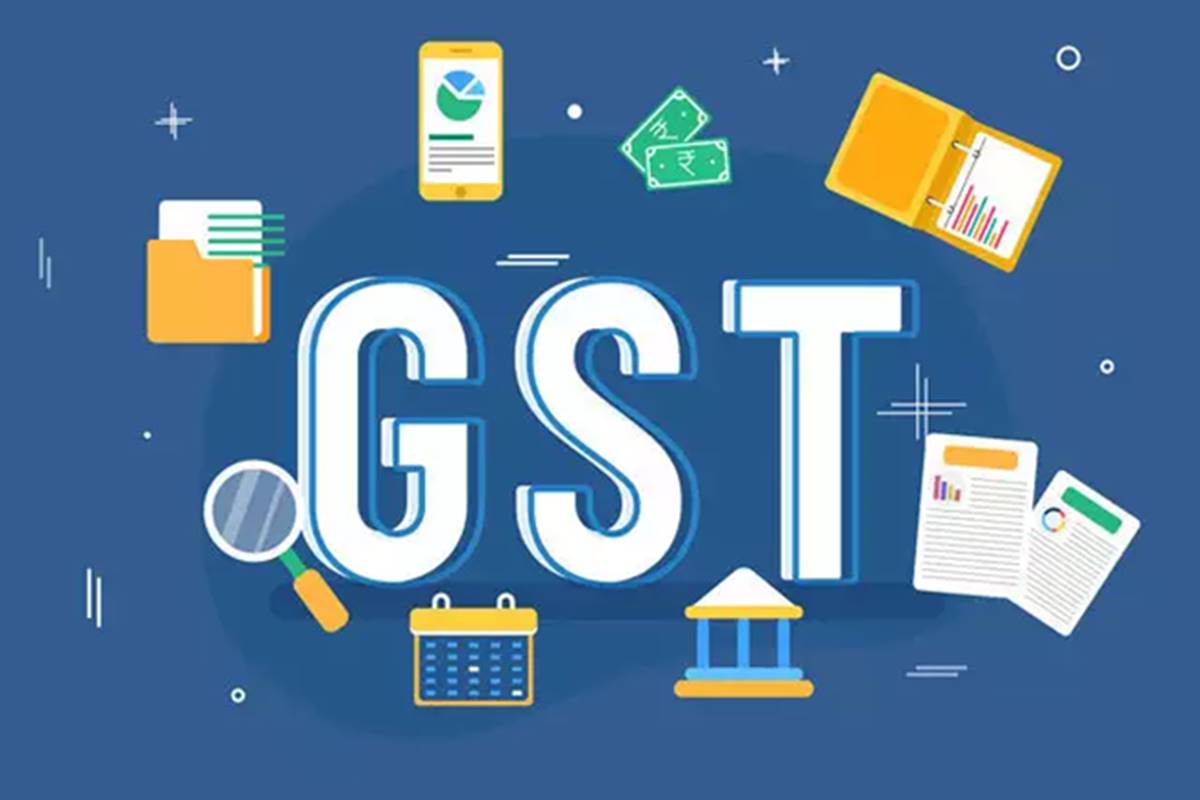The GST bill was first introduced by the Union Government on 1st July, 2017. The Goods and Services tax was introduced as an indirect tax reform in India by amalgamating various indirect taxes into one tax. Under the GST law, a registered taxpayer is required to file a number of GSTR forms. In this article we shall discuss one such form called GSTR 3B and will also understand the ramifications of not filing the same.
What is GSTR 3B?
GSTR 3B is a form which should be filed by a regular GST taxpayer. This return form comprises a summary of details of the outward supplies made and the details of the input tax credit. Generally this form should be filed by 20 of the next month, but the government can extend its filing date if they want to.
GSTR 3B- Consequences of not filing the GSTR 3B Form
- Late Fees (Section 47 CGST Act 2017)
One of the consequences which can be faced by the taxpayer is levy of late fees penalty for not filing GSTR 3B. The late fees will grow each day until it reaches the capped limit. Further you are not allowed to file your return until you pay the late fees.
- Levy Of interest (Section 50)
In case the taxpayer is required to pay the tax within the stipulated given date and he failed to do so then interest at the rate of 18% shall be levied for such delay in payment. The interest shall be payable if you use cash ledger balance to pay tax.
- Restriction of E-way Bill Generation (Section 138E)
In case a person fails to furnish returns for a consecutive two tax period, then a restriction shall be placed on the generation of e-way bill for all types of outward supply of that person. When the return is filed then, such restrictions shall be removed.
e-way bill restriction will cause restriction of outward supply valued more than 50k outside the state and outward supply of specific value notified by the State government inside the state.
- Penalty of Not paying of tax amount collected within 3 months
In case of specified offenses, penalties are placed under the GST law. Penalty will be levied if tax is not paid even after 3 months from the due date. The penalty in such a case will be equal to the tax amount collected subject to a minimum of 20,000.
- Suspension and cancellation of GST Registration (section 29(2))
In case a regular taxpayer fails to file the return for a period of six months continuously, then the gST registration of suc person shall be liable to be cancelled. However, before the registration is terminated, the officer will issue a notice requiring a clarification and such person must respond within 7 days by providing a reason that why his registration should not get cancelled. In case the offer is not satisfied with the reply then he will initiate the cancellation process and GSTIN will be suspended.
- Recovery Proceedings (Section 79)
Not filing form GSTR 3B can lead to initiation of recovery proceedings however, before such initiation, notices and reminders must be served. The following procedure is followed:
- The first reminder will be sent 3 days before the due date;
- The second reminder is sent immediately after the due date;
- A notice shall be sent 5 days after the due date asking the person to file return in 15 days;
- If, after the 15 days period, return is still not filed, then the officer can proceed for assessment. The officer will calculate the tax liability. An order would be issued in ASMT 13, and summary will be uploaded in Form DRC 07[1].
- Once the order is served, 30 days after that, the officer shall initiate the recovery proceeding and actual recovery under section 79.
- Restriction on Input Tax Credit Of Recipients
In order to claim input tax credit the payment of tax to the government by the supplier on supplies is required. If GSTR 3B is not filed then it may be assumed that the supplier is yet to pay taxes. However, there are exceptions to it.
Conclusion
GSTR 3B is a tax form which should be filed by a regular taxpayer. As a regular taxpayer one must file its return without fail. Hee are various forms which are needed to be filed by the taxpayer, that is it is always recommend to seek assistance of an expert who would help you in filing of GSTR form.



